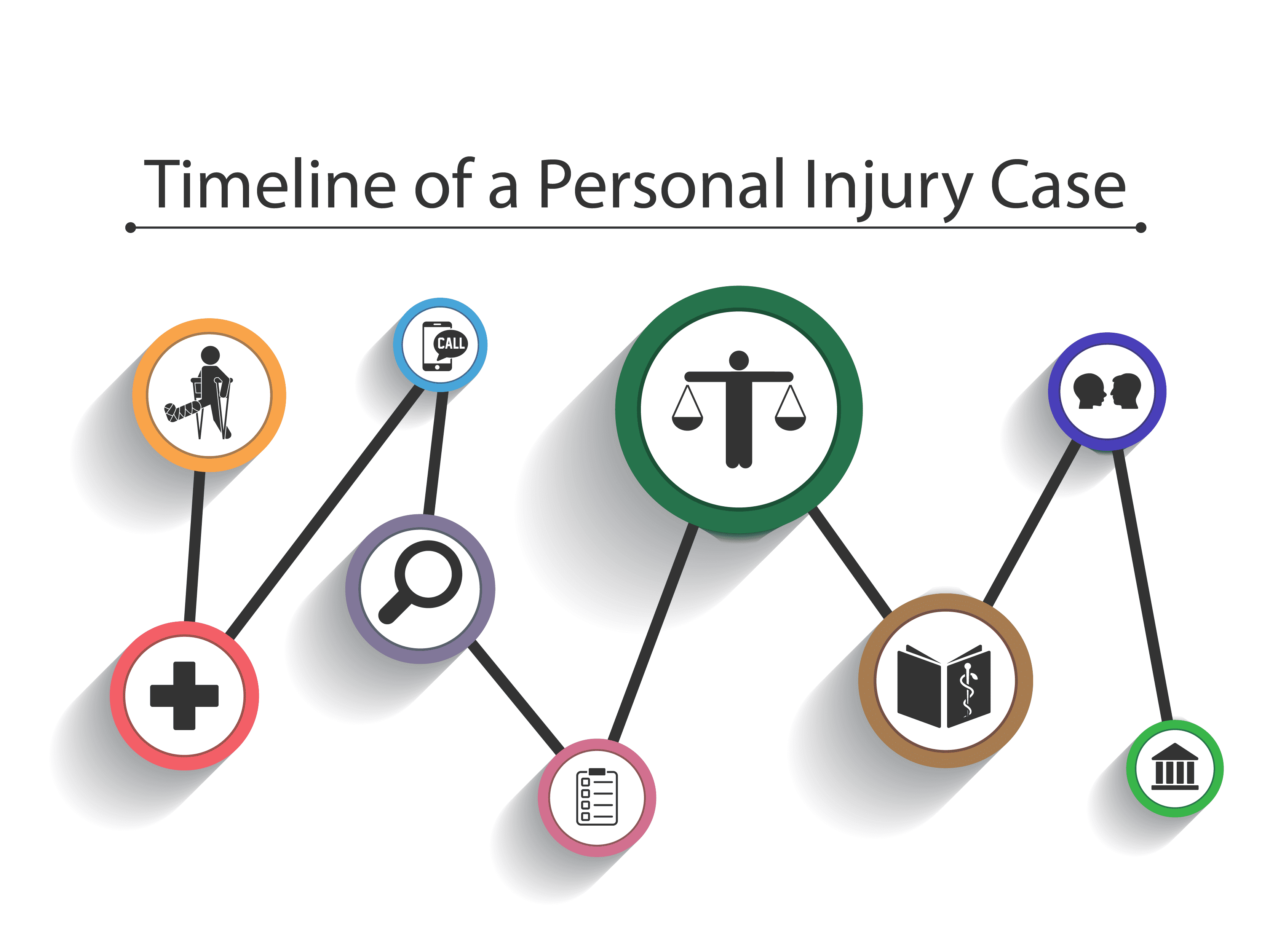Understanding Landlord-Tenant Legislation: A Guide For Real Estate Attorney
Understanding Landlord-Tenant Legislation: A Guide For Real Estate Attorney
Blog Article
Short Article Created By-Pike Mosegaard
When it comes to landlord-tenant law, knowing your rights and responsibilities is important for both parties. You may think you have a strong understanding on the fundamentals, yet there are usually subtleties that can capture you off-guard. Whether you're a proprietor managing a residential property or an occupant seeking a steady home, recognizing the legal landscape can make all the distinction. What might shock you are the complexities involved in browsing disputes and expulsion processes.
Understanding Occupant Legal Rights and Responsibilities
When you rent a residential property, it's essential to comprehend your rights and obligations as a renter. You can a risk-free and habitable living setting, indicating your property owner needs to preserve vital solutions like heating, pipes, and electrical power.
You're additionally qualified to personal privacy; property managers commonly need to offer notification prior to entering your system.
On the flip side, you're responsible for paying rent on time, maintaining the building tidy, and not triggering damage beyond regular deterioration.
Familiarize on your own with your lease agreement, as it details specific regulations and responsibilities. Being aware of these aspects not only protects you yet likewise cultivates a favorable relationship with your proprietor.
Remain notified, and you'll navigate your tenancy better.
Secret Property Owner Responsibilities and Legal Considerations
While you might recognize your rights as a lessee, it's similarly essential to understand your proprietor's commitments.
Landlords should supply a risk-free and habitable living setting, making certain that crucial systems like heating, plumbing, and electricity remain in working order. They're additionally in charge of making necessary repairs promptly and sticking to neighborhood building regulations.
In addition, proprietors need to value your privacy by offering appropriate notification before entering your device, normally 24-hour. loan modifications miami fl must deal with down payment according to state laws, consisting of returning them without delay after you leave, minus any kind of lawful deductions.
Comprehending https://baynews9.com/fl/tampa/news/2024/07/02/tampa-lawyer-estate-planning-juneteenth can aid you maintain a positive relationship with your landlord and ensure your living situation fulfills lawful criteria.
Navigating Disputes and Eviction Procedures
Disagreements in between property owners and tenants can develop unexpectedly, making it essential for you to recognize the processes associated with fixing them.
First, interaction is vital-- attempt to talk about issues directly to locate a compromise. If that falls short, acquaint on your own with your neighborhood laws relating to conflicts and expulsion. Paper everything: keep documents of communications, repayments, and any kind of infractions.
If expulsion ends up being required, guarantee you adhere to the lawful actions required in your area, which commonly includes supplying written notice and a details timeframe for resolution.
Be prepared to go to court if the scenario intensifies, maybe your only choice. Recognizing these procedures will assist you navigate conflicts better and safeguard your civil liberties as either a property manager or tenant.
Verdict
In summary, recognizing landlord-tenant regulation is crucial for both parties involved in a rental contract. By knowing your civil liberties and duties, you can promote a much better living setting and avoid problems. If disagreements occur, remember that a property lawyer can aid assist you with the intricacies of eviction processes and lawful obligations. Staying informed and positive will guarantee a smoother rental experience, whether you're a proprietor or a renter.
